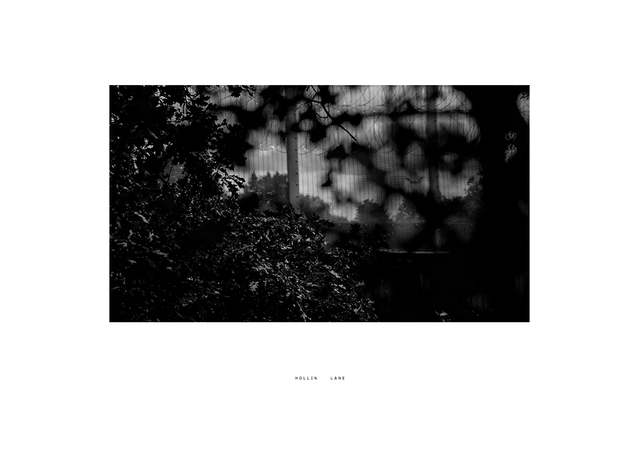Home - photographic folio series
Rogers, Kathleen (2019) Home - photographic folio series. [Photography]
- Images
- Details
This photo folio explores concepts drawn from intergenerational post-genomic research, exploring my own close family history, genealogical archives and the history of the child welfare system.
My theoretical approaches are drawn from Barad’s account of quantum entanglement and post-human performativity and Baer’s conceptual frame working of second witnessing.
The work reflects on post-genomic research suggests that experiences, in the form of epigenetic cues, can be passed down from generation to generation. The conceptual premise of Remembering the Unknown is based on the second witnessing of my father's life within the ideological landscape of the “sunshine “cottage homes orphanage colony of Styal, Wilmslow established on the Cheshire/Greater Manchester borders in 1895. The colony, as it was called, was envisaged as an island apart from society, a utopian children’s orphanage village set in the open air and in the countryside beyond the established overcrowded workhouse conditions and systems of Manchester. The Victorian buildings of what was a small village are now part of HM Prison Styal, a closed category establishment for female adults and young offenders. In effect, a trans-historical environment of moral reform.
My father arrived at Styal Cottage Homes colony in 1923, having been abandoned with siblings by his mother after her return from Canada. His mother was a WWI war bride, born in a London Workhouse hospital and later sent to charity schools before going into domestic service. On arriving at around 2 years old my father had suffered extreme malnourishment and had the bone disease Rickets. Life at Styal Cottage homes in the mid-1920s was harsh. Children in institutional situations like these learn that they can only count on themselves and to trust no-one. My father was visibly marked by bone deformities caused by childhood rickets and was deeply psychologically scarred from his early abandonment experience and his life within the closed gates of Styal.
He spent his whole childhood and youth there as children were rarely allowed to leave the enclosed community. This kind of early hardship, lack of warmth and affection and socialisation is known to lead to permanent developmental changes in the fundamental structures material structures of the body. It was commented that the Styal “home” children were almost mute and had difficulties communicating with outsiders. My father was discharged from Styal Cottage Homes directly into Merchant Ship training in Liverpool at 14. The militaristic regime and the endeavour to construct model citizens from orphaned and abandoned children had an overwhelming impact on all the children who had already experienced neglect – it was a harsh regime where everything was done to a schedule - there was no self-directed play - everyone would eat at the same time – sets of repeated acts – patterned rules – movements – regulations – a state of enforced isolation.
New epigenetic research goes beyond the model of the genome as the sole agency in inheritance to provide new evidence of how trauma such as my fathers’ may be passed on intergenerationally to impact family life and family relationships of future generations.
Mining my own experience, Remembering the Unknown, resonates and brings together poetic and philosophical accounts and themes advanced in earlier FATE-MAPS-ENTANGLEMENTS projects.
The FATE-MAPS-ENTANGLEMENTS series explores intersections between poetry and photography with the aim of contributing to emergent cross-disciplinary epigenetic research in biomedicine and the humanities that challenge fundamental assumptions about genetic inheritance, human identity and the dichotomies of nature and nurture.
 ORCID: https://orcid.org/0000-0002-2889-665X
ORCID: https://orcid.org/0000-0002-2889-665X
Actions (login required)
 |
Edit View |
